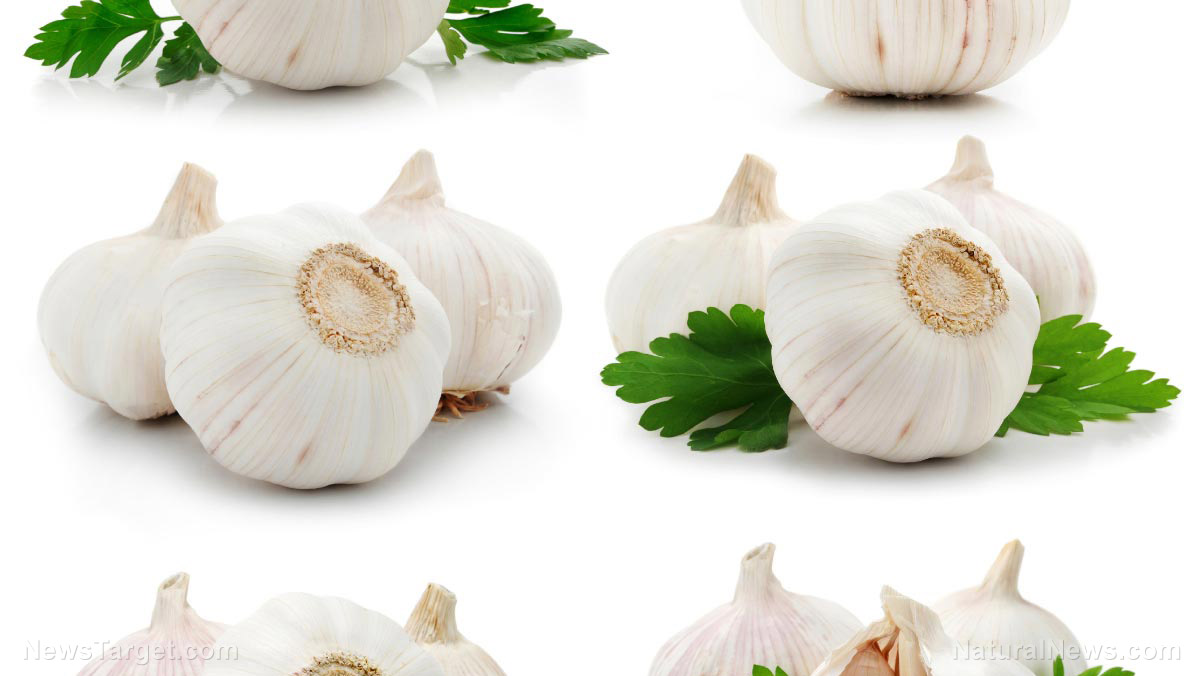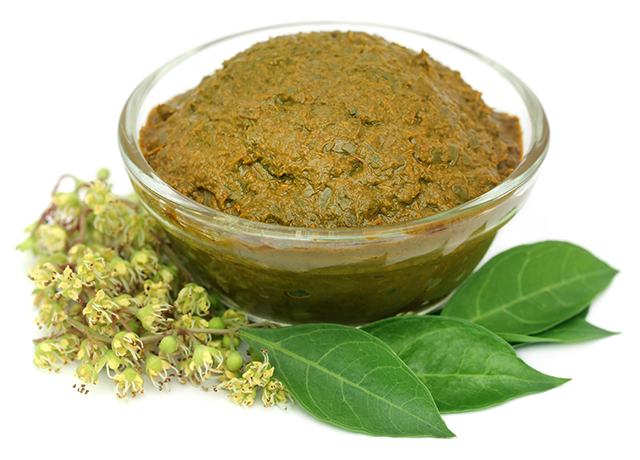Clinical study shows effectiveness of a Chinese decoction in alleviating sclerosis
10/30/2018 / By Michelle Simmons

Research has found that a Chinese decoction called Taohong Siwu can be used to treat symptoms of sclerosis. The study, published in the Chinese Journal of Integrative Medicine, assessed the efficacy and safety of bathing therapy with Taohong Siwu decoction in the treatment of diffuse cutaneous systemic sclerosis.
Researchers from Gansu Provincial Hospital in Lanzhou, China hypothesized that adding a Chinese medicine therapy — particularly bathing with Taohong Siwu decoction — to a Western medicine therapy would improve the management of diffuse cutaneous systemic sclerosis.
For the study, the researchers recruited 148 participants, aged 18 to 60 years, with diffuse cutaneous system sclerosis. Then, they randomly assigned the participants to the Taohong Siwu decoction group or a placebo control group.
The participants bathed their upper and lower limbs once a day for 12 consecutive weeks. However, only 135 participants completed the treatment.
Results of the study revealed that no improvements seen in both groups after two weeks of treatment. At 12 weeks, skin disease assessments improved in the Taohong Siwu decoction group. The quality of life of the participants in the Taohong Siwu decoction group. In addition, Taohong Siwu decoction did not cause any serious side effect. Overall, patients who bathed with Taohong Siwu decoction significantly experienced greater improvements in their condition than those who received the placebo treatment.
Based on the findings of the study, the researchers concluded that bathing with Taohong Siwu decoction may help improve the symptoms of diffuse cutaneous systemic sclerosis.
What is diffuse cutaneous systemic sclerosis?
Diffuse cutaneous systemic sclerosis (dcSSc), a subtype of systemic sclerosis, is characterized by skin hardening, or fibrosis, and problems in many organs of the body. Although this condition can develop at any age, it primarily affects people between 40 and 50 years old. The exact cause of the disease still remains unknown. There is no cure for the disease, but there are treatments available to manage its symptoms. (Related: How Hyperbaric Oxygen Therapy can Cure Systemic Sclerosis Ulcers.)
The symptoms of diffuse cutaneous systemic sclerosis include the following:
- Difficulty eating, or dysphagia, together with weight loss, vomiting, diarrhea, or constipation
- Gastroesophageal reflux
- Raynaud’s phenomenon
- Skin fibrosis beginning on the fingers
- Telangiectasias or “spider veins” on the thorax, face, lips, tongue, and fingers
Dry mouth and dental problems can also occur. Other symptoms such as joint pain, muscular pain, weakness, cramps, and destruction of the tips of the fingers or toes frequently occur. This condition can also result in serious problems that affect the lungs, such as pulmonary hypertension, and kidney problems.
More on Taohong Siwu
Taohong Siwu is known in English as Four Substance (Things) Decoction with Safflower and Peach Pit. This Chinese medicine decoction contains the following Chinese herbs: Chuan Xiong, Dang Gui, Bai Shao, Shu Di Huang, Tao Ren, and Hong Hua. This Chinese decoction is believed to tone and revitalize the blood, regulate blood flow, breaks up blood stagnation, regulate menstruation, and relieve pain. It is used to treat concurrent blood deficiency and blood stagnation.
Like all other medications, Taohong Siwu should be used with caution, especially for those who have a weak digestive system and anemia. Moreover, women with menstrual disorders with underlying Qi and blood deficiency should use this medicine with caution. It should not be used by pregnant women. Use of this decoction should be stopped immediately after the desired effects have been achieved to avoid profuse bleeding.
Read more news stories and studies on Chinese medicines like Taohong Siwu by going to ChineseMedicine.news.
Sources include:
Tagged Under: alternative medicine, Chinese medicine, diffuse cutaneous systemic sclerosis, herbal medicine, Herbs, natural cures, natural medicine, remedies, sclerosis, Taohong Siwu, TCM



















